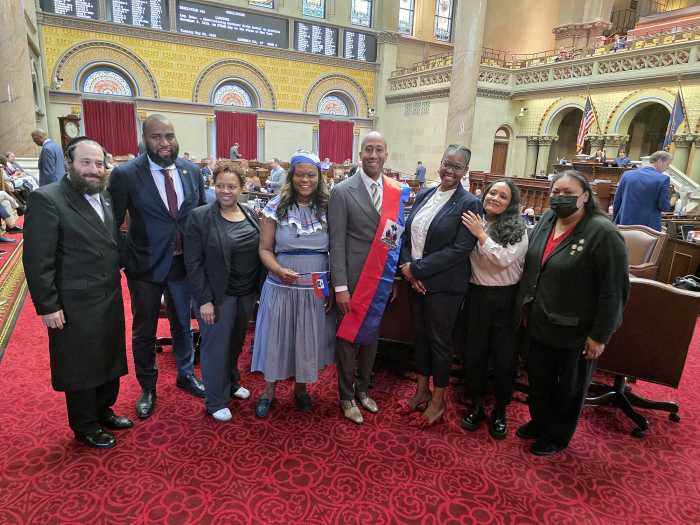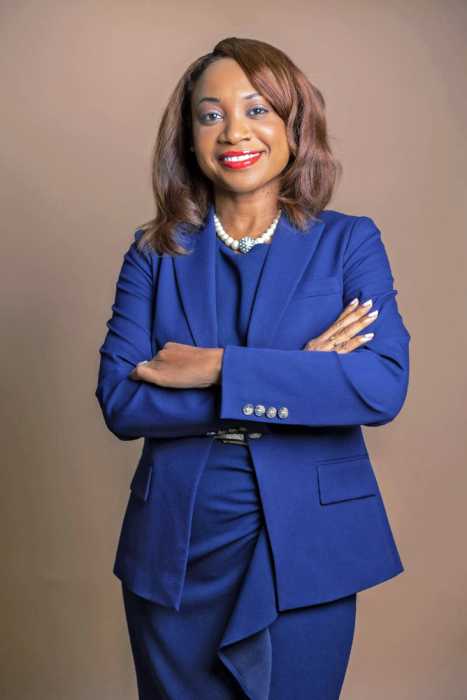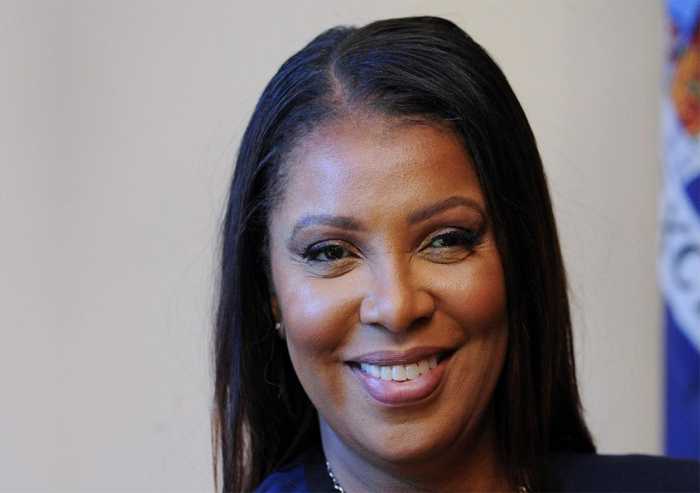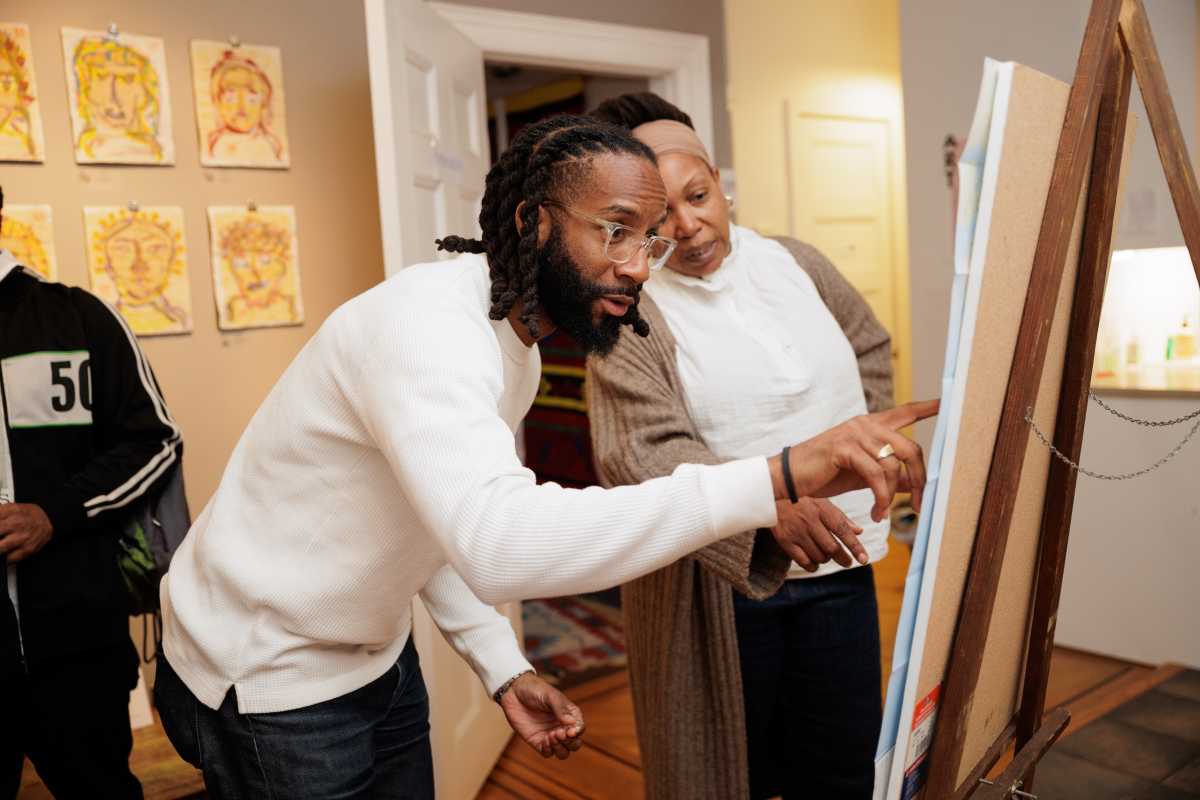In breaking his silence since his unexpected return home on Jan. 16, former Haitian dictator Jean Claude “Baby Doc” Duvalier told nationals on Jan. 21 that he decided to end his near 25-year exile in France to help in the reconstruction of the impoverished, French-speaking Caribbean country.
Haiti was ravaged by a massive earthquake on Jan. 12 last year that killed over 300,000 people and left about 1.5 million homeless.
“When I made the decision to come back to Haiti to commemorate this sad anniversary with you, in our country, I was ready for any kind of persecution,” said Duvalier in a brief statement.
“But I believe that the desire to participate by your side in this collaboration for the national reconstruction far outweighs any harassment I could face,” he added.
“The desire to participate at your sides in this endeavor for the national construction far surpasses the personal hassles I could have confronted,” he continued, in apparent reference to the allegations made against him by Haitian authorities, including embezzlement, fraud, and crimes against humanity.
Human rights groups say that the 59-year-old former leader ruled Haiti from 1971 to 1986 through terror.
They say thousands of Haitians were imprisoned, tortured or killed during his rule.
Duvalier expressed “my profound sadness toward my countrymen who consider themselves, rightly, to have been victims of my government.”
He envisioned a day when “all Haiti’s children, men and women, old and young, rich and poor, from the interior and from the Diaspora, can march hand in hand without exclusion to participate together in Haiti’s rebirth.”
Duvalier was accompanied by several consultants, including Bob Barr, a former US congressman who ran for president on the Libertarian ticket.
The statement came on the day the United States revoked visas of some Haitian officials, hoping to increase pressure on the government to resolve the political crisis stemming from November’s disputed presidential elections.
“Our focus at the present time is in ensuring a free, fair and credible election process in Haiti,” State Department spokesman P.J. Crowley said.
Since Duvalier’s return, prosecutors have charged him with embezzlement and corruption; others followed by filing human rights abuse complaints against him.
Duvalier made the trip just before a Swiss law that could entitle him to at least $4.6 million takes effect on Feb. 1. To collect the funds, he would have to show that Haitian authorities aren’t interested in prosecuting him.
Duvalier’s sudden return has thrown Haiti into confusion amid election officials’ struggle to resolve the results of the Nov. 28 vote.
The Organization of American States (OAS) has urged Haitian officials to accept a report drafted by a team of its election experts, showing that third-place finisher, popular musician Michel “Sweet Micky” Martelly, not ruling party candidate Jude Célestin, should advance to a runoff with ex-first lady Mirlande Manigat.
The findings ran counter to preliminary results that showed that Célestin and Manigat won spots in the second round and that Martelly finished third – a move that unleashed two days of unrest.
Martelly on Friday called on the Provisional Electoral Council to accept the OAS report, saying he was the victim of a plot orchestrated by the ruling party and electoral commission.
The Haitian government has called the OAS findings flawed, and election officials have said they are not bound by the OAS recommendations. A runoff scheduled for Jan. 16 was postponed, and no new date has been set.
Meantime, Haitian President Rene Preval said on Jan. 22 that while Duvalier has every right to return home from exile, he must now face an investigation of alleged abuses during his reign.
“Duvalier had the right to return to the country, but under the constitution, he also must face justice,” Preval told reporters in his first public comment on the former strongman since his surprising arrival in Haiti. Preval was accompanied by Prime Minister Jean-Max Bellerive.
Preval said they had met on Jan. 22 with Dominican President Leonel Fernandez for four hours in Santo Domingo, the Dominican Republic capital, to discuss Haiti’s political crisis and the ravaging cholera epidemic.
“If Duvalier is not in prison now, it is because he has not yet been tried,” Preval said.
He said, by law, Haitians cannot be barred from their homeland, stating that that applies to both Duvalier and former President Jean-Bertrand Aristide, who has been in exile in South Africa since his ouster in 2004 but recently spoke of wanting to return home.
“They do not depend on my decision,” Preval said. “It is the nation’s constitution that prohibits (forced) exile.”























